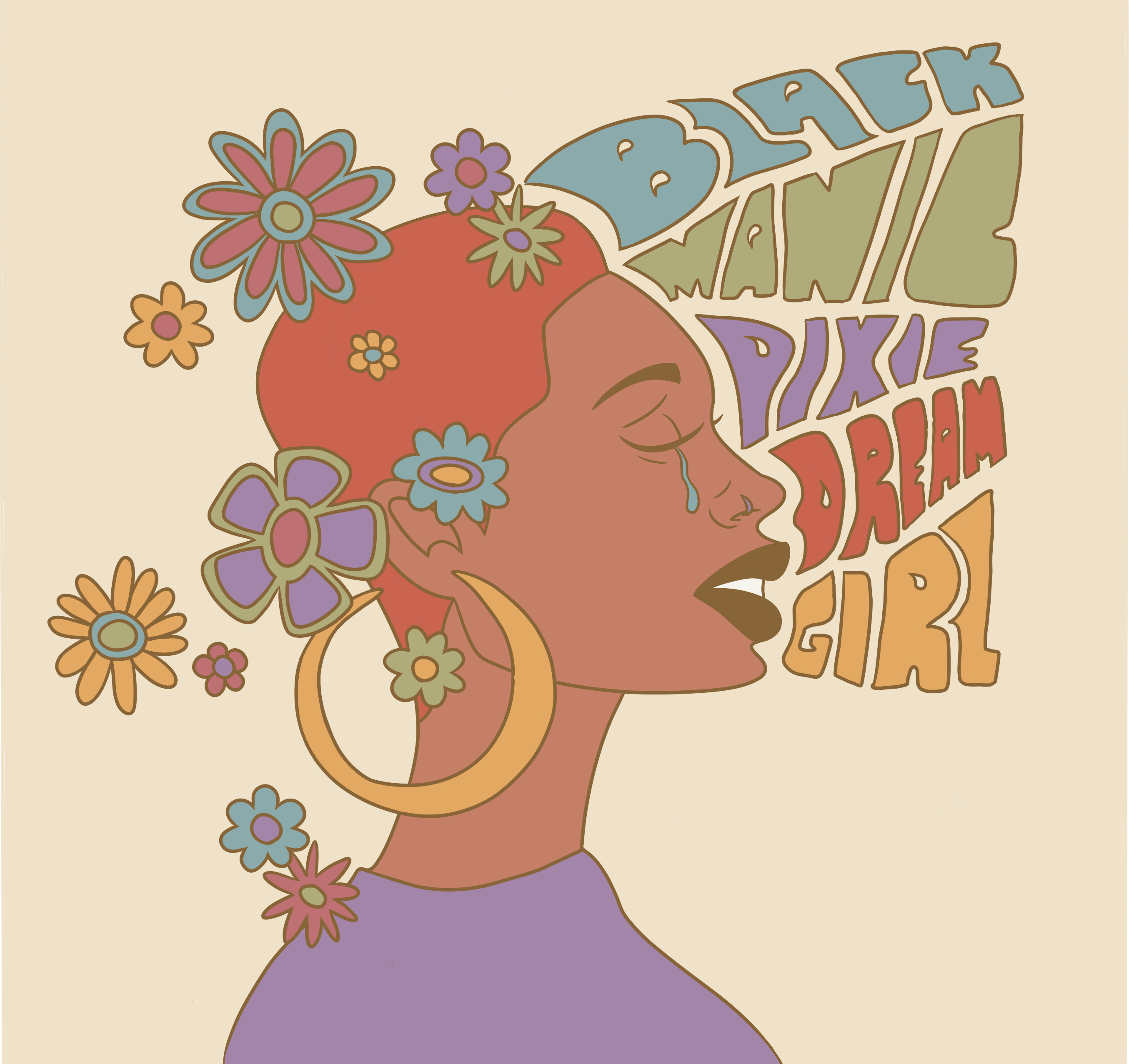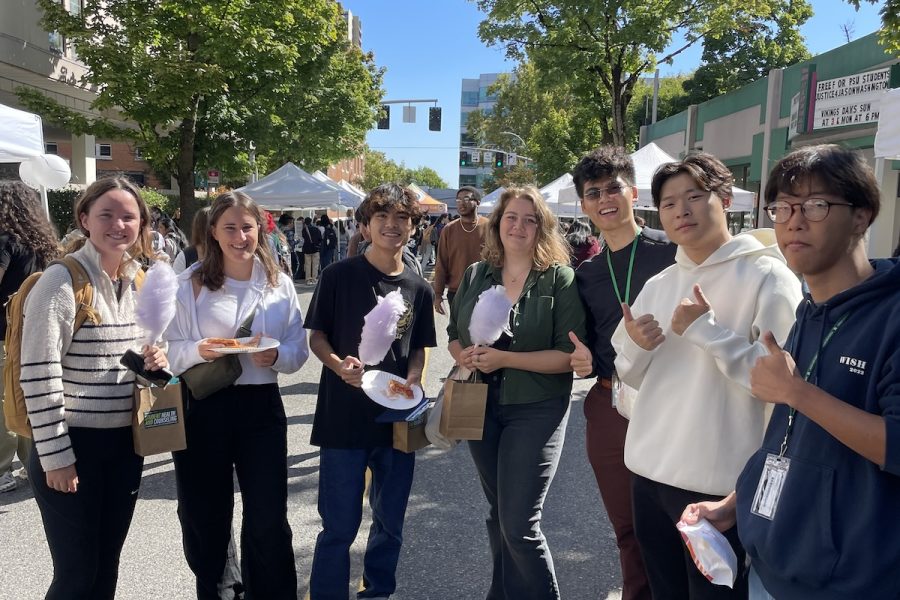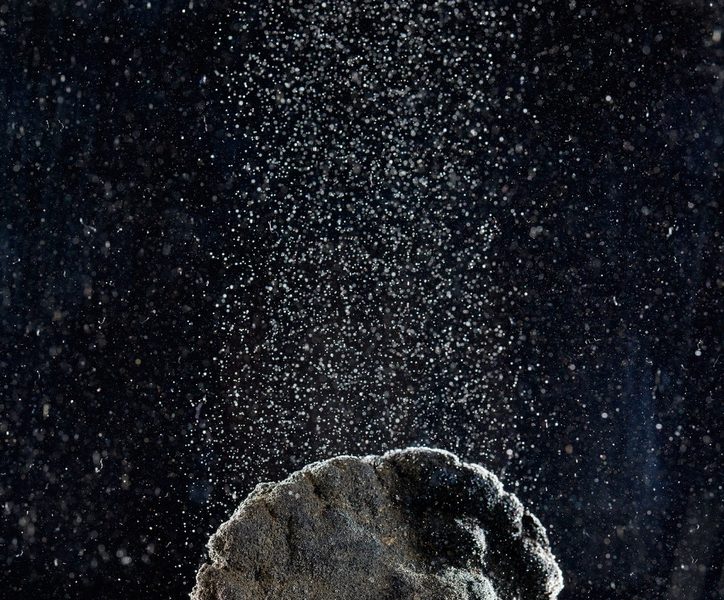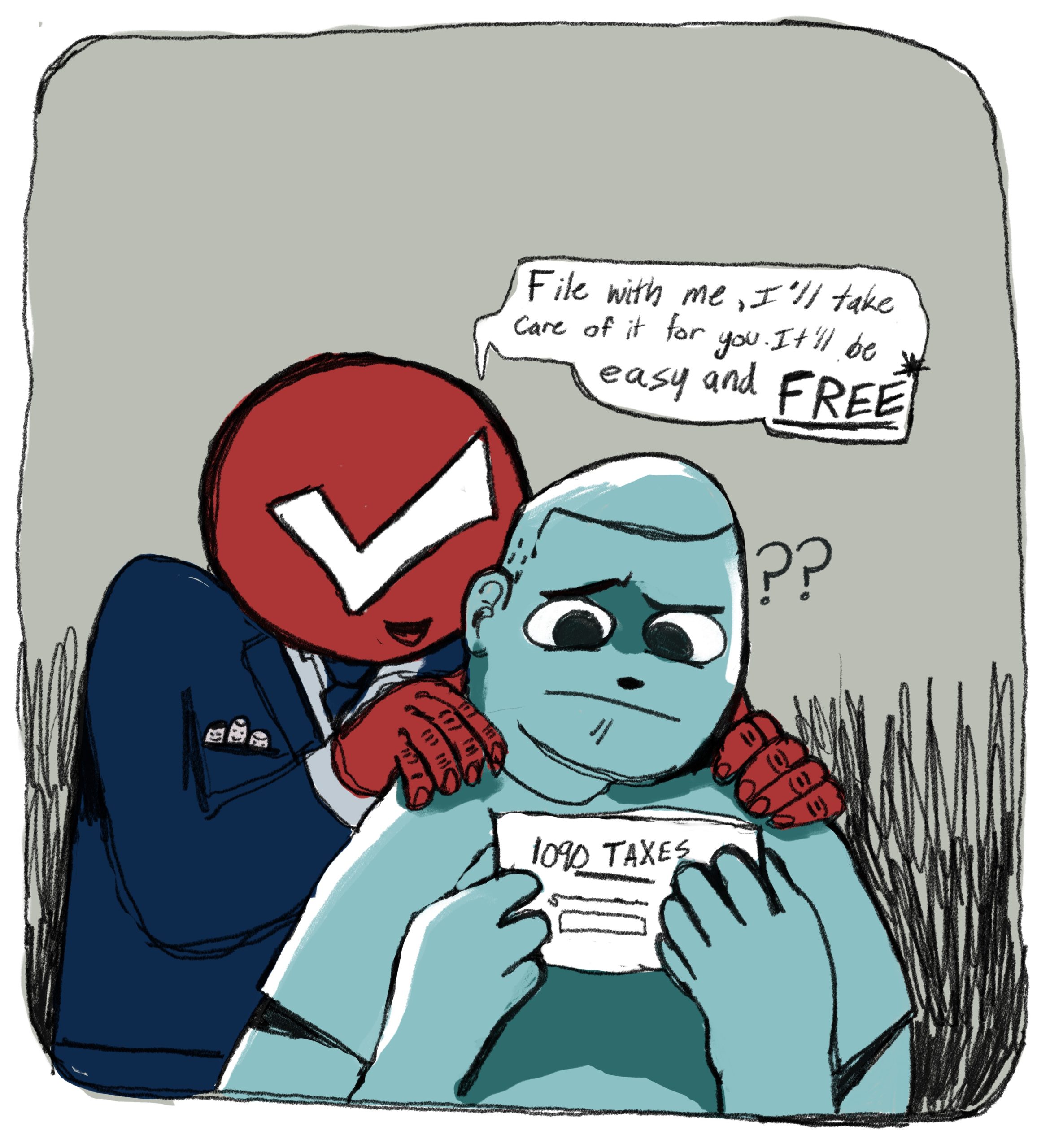She’ll teach you the punk bands your parents never taught you. She’ll take you to secret corners in the city to “get away from it all.” She’ll be beautiful, but remember it’s a coincidence—the manic pixie dream girl doesn’t care about looking pretty. She’s not like other girls.
Just give her boxed hair dye! She’s got a few mental problems, but hey, she won’t let it bother you. In fact, her mental illness and her vulnerability make her even more alluring. The manic pixie dream girl (MPDG) is the ultimate male fantasy.
I want to highlight that the MPDG is often portrayed as a conventionally attractive, thin white woman. Think Summer Finn from 500 Days of Summer or Scott Pilgrim’s Ramona Flowers. Her whiteness plays a large role in the trope.
It’s no coincidence that white female characters are called “manic pixie dream girls” while black female characters are hated by fandoms if they’re deemed ‘too perfect’ or ‘unrealistic.’ Meanwhile, the white MPDG is loved and praised despite only existing in the male mind.
She has permission to be quirky (but not too quirky) because her white womanhood gives her grace that black women aren’t afforded. Instead, black women are limited to racial stereotypes: jezebel, mammy, sapphire, etc.
With that said, I don’t desire the box of MPDGs to become wider so black women can squeeze through. MPDGs are one-dimensional and exist for the white male protagonist to become a better, well-rounded person. I simply recognize that black women are not seen as ideal love interests in Hollywood. I want more for black women.
I think back to my relationship from my late teen years. I’d been rocking a red buzzcut, unmanaged ADHD/BPD, a hyperfocus on obscure things and the constant desire to teach him. For a few months, we’d stayed in a committed relationship. A year after that, we’d split apart, and I’d finally start healing from the trauma of him betraying me.
Oh my god, was I his manic pixie dream girl?
The answer is yes. Yes, I was. I had to see it this way or else I’d lose my mind.
I look back at my relationship with this man. It fills me with both anger and sadness. It fills me with anger that I took his “You’re so exciting. You bring something new” as a compliment rather than a sign to run in the opposite direction. A sign that I’d be used for his development, benefiting his (white) partner after me.
A few months after our break up, I told his mother, “I think after me, he’s going to settle for a white girl who’s easier to handle.”
A few months later, I was proven correct. Sure, I don’t know how their relationship operates, but my prediction mostly came true.
This isn’t to say that I’m shocked a white man ended up with a white woman. I’m not, but I now know that the phenomenon almost always happens after (intentionally or not) using a Black woman or woman of color for character development.
It pains me, but I’ve accepted that I wasn’t the “real” relationship. I was the exciting, short-term one. My mistake was not noticing earlier, but I did the best with what I had. What should’ve been alarming is he’d constantly emphasize how “exciting” I was. That isn’t to say exciting isn’t a compliment, but it can be dehumanizing—especially when I realized he was describing how I made him feel, not me as a person.
It was exciting when I’d spontaneously have sex with him. It was exciting when I’d randomly change my appearance, desperate to find myself. It wasn’t exciting when my unfavorable BPD symptoms displayed themselves. It wasn’t exciting when I found lewd photos of other women (non-consensually taken) in his phone—which triggered my psychotic breakdown.
I’m not saying that my ex was a horrible person. He wasn’t. In fact, he was caring. He was patient when I’d been dealing with the trauma of my rape. He brought me into his family when mine was failing me.
Still, he’s also just a white man in society. My race affected how he approached dating me, even if subconsciously. He’s taught to take—that the world exists for his bidding—which includes women. Even the most “progressive” men fall in line to reap the benefits white patriarchy grants them.
While the relationship with my ex-boyfriend merely lasted half a year, I wouldn’t have stayed so long had I had a sense of self-worth, but who has a great sense of self at the age of 18? It only goes to show that when we lack something, we’ll take anything.
Black women, we deserve to be loved unconditionally too.






